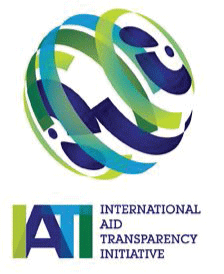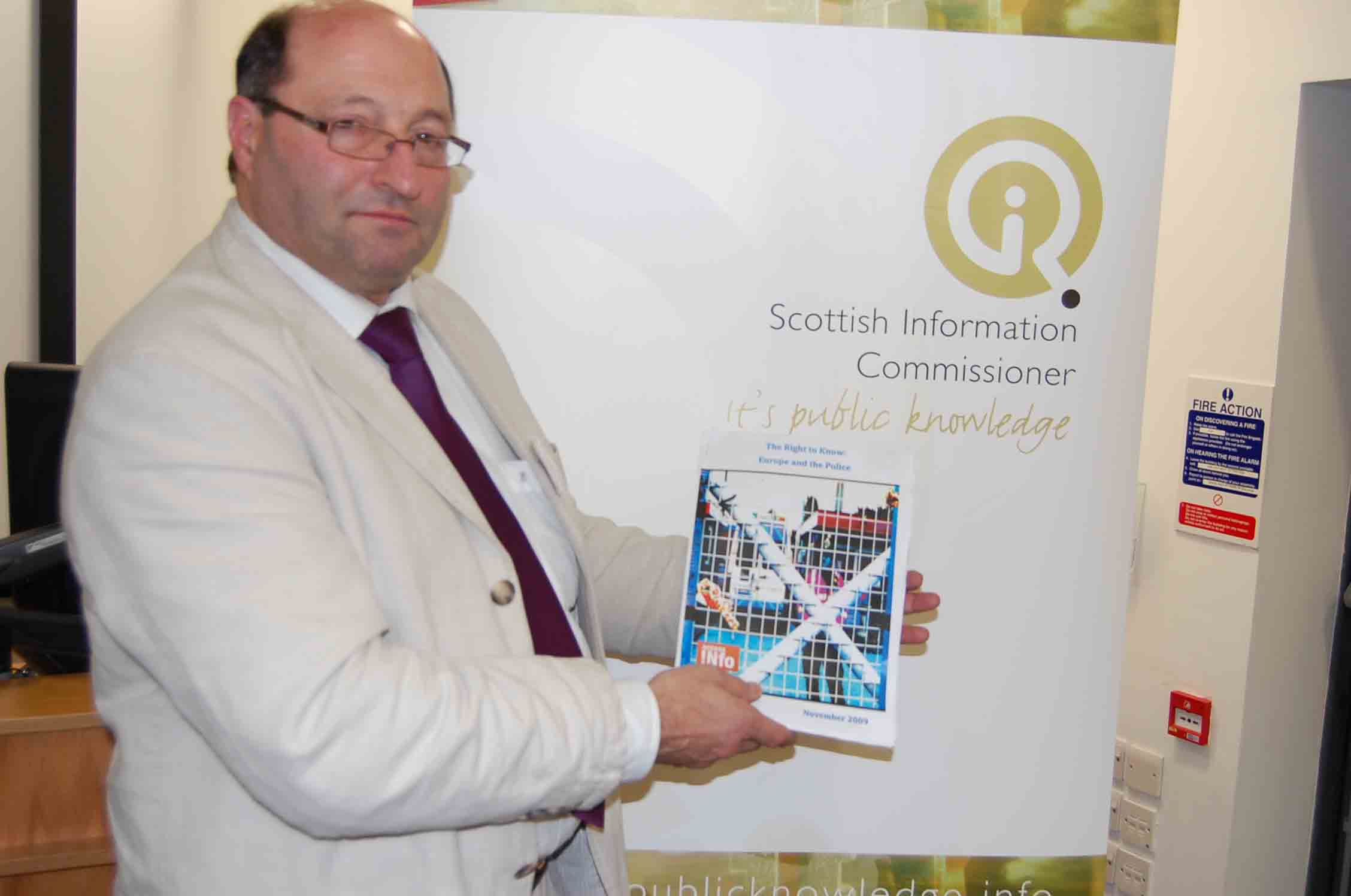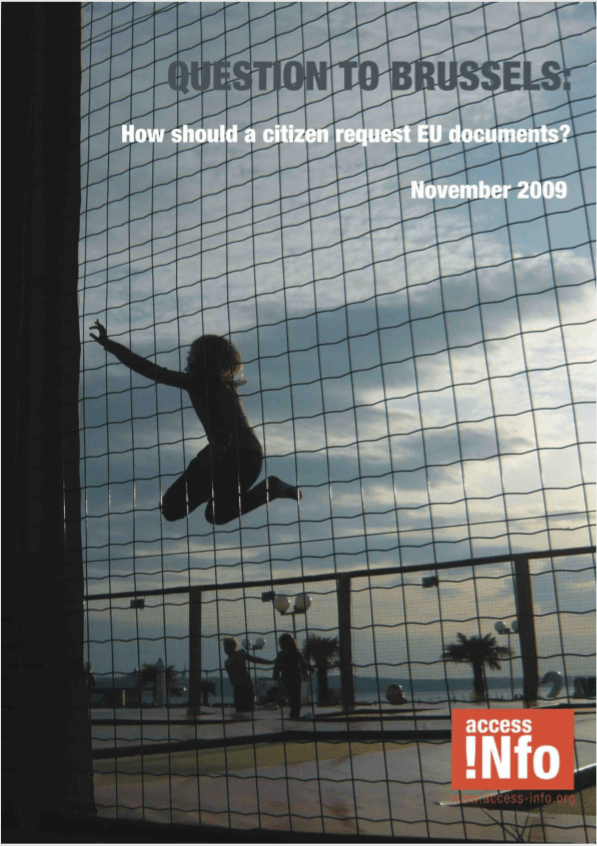Request Process in Cyprus
Helen Darbishire2018-11-13T10:14:01+01:00Summary: No Right to Request, No Right to Receive Request sent to Department of the Registrar of Companies and Official Receiver (Click here). Outcome of request Information refused. Time taken to respond 9 working days (no official deadline as there is no freedom of information law) Reason for refusal No access to information law. On 28 August 2013, Access Info sent a request to the Department of the Register of Companies and Official Receiver of Cyprus. Cyprus doesn’t have a law on access to information that obliges it to respect citizens' right to know and to answer their requests




